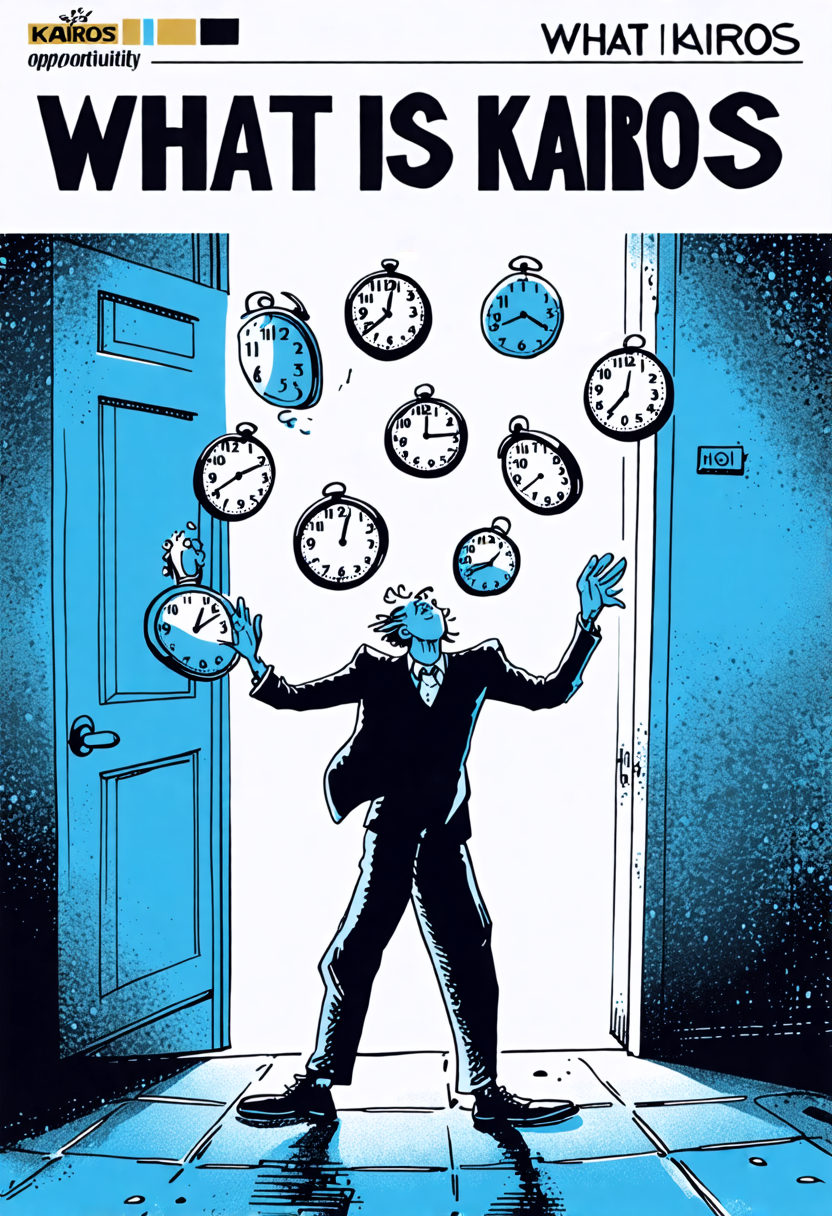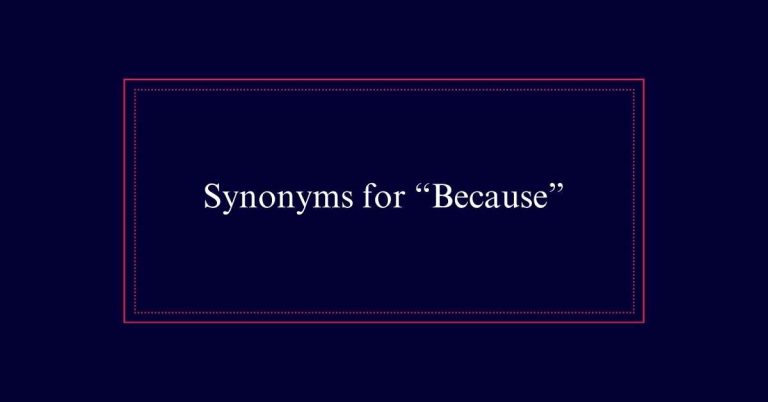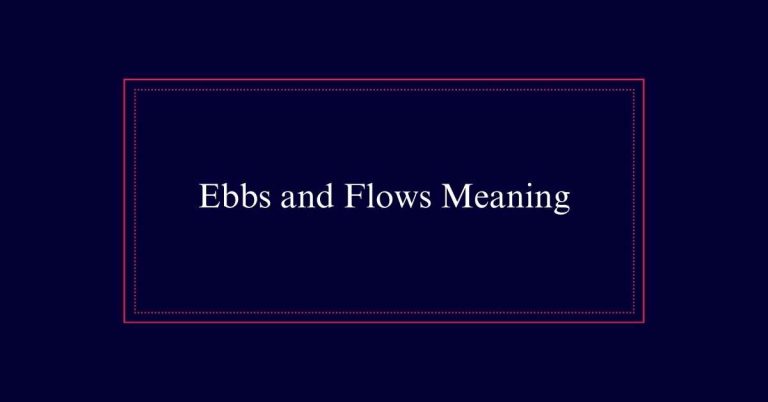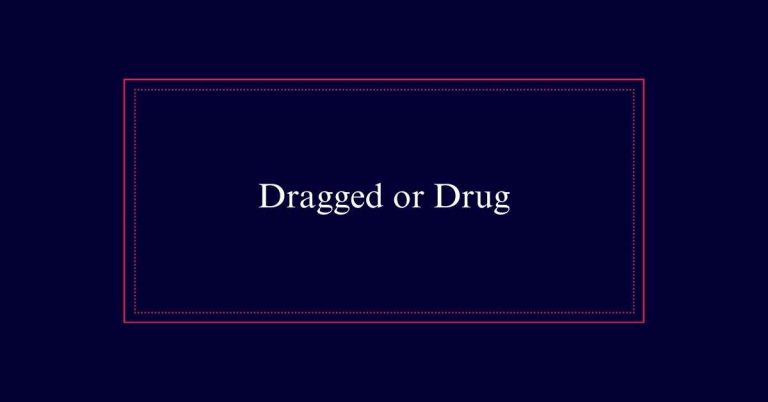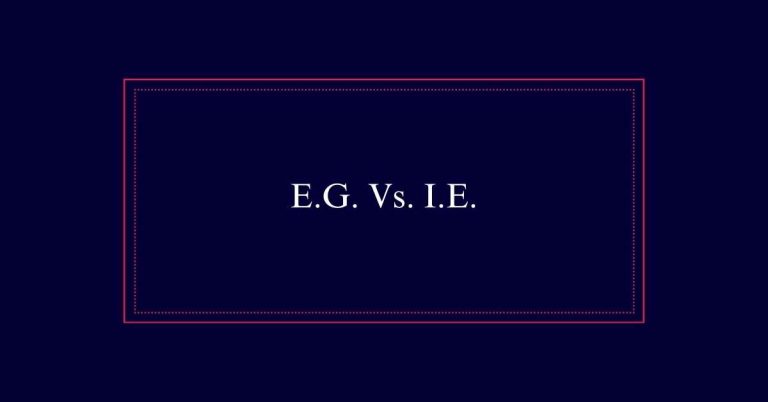What Is Kairos? History, Definition, and Examples
Kairos is a rhetorical concept that emphasizes the importance of delivering a message at the right moment for maximum impact. Originating in ancient Greek philosophy, kairos differs from ‘chronos,’ which refers to chronological time. Philosophers like Plato and Aristotle discussed kairos as the opportune moment for effective communication.
It plays a vital role in fields such as advertising, politics, journalism, and social media by ensuring messages align with current events and audience emotions. Leveraging kairos can enhance message relevance and persuasive power, creating memorable and engaging communication.
Definition of Kairos
Kairos is a rhetorical concept that refers to the opportune moment for delivering a message to achieve the greatest impact. It emphasizes the importance of timing and context in communication. By identifying the right moment, a speaker or writer can enhance the effectiveness of their message.
Kairos involves understanding the audience’s current situation, emotions, and needs. This strategic approach guarantees that the message resonates deeply and prompts the desired response. While ethos, pathos, and logos focus on credibility, emotion, and logic, kairos adds the dimension of timing.
It is vital in various fields, from advertising and politics to social media and journalism. Proper use of kairos can transform an ordinary message into a compelling call to action.
Origins in Greek Philosophy
How did the concept of kairos emerge in ancient Greek philosophy?
The term ‘kairos’ originally referred to the right or opportune moment. It was contrasted with ‘chronos,’ which signifies chronological or sequential time.
Greek philosophers like Plato and Aristotle explored kairos as a critical element in rhetoric and ethics. They emphasized the importance of timing and context in decision-making and communication.
Kairos was seen as a moment when the conditions are right for action or speech to be most effective. This notion was integral to their understanding of effective persuasion and moral behavior.
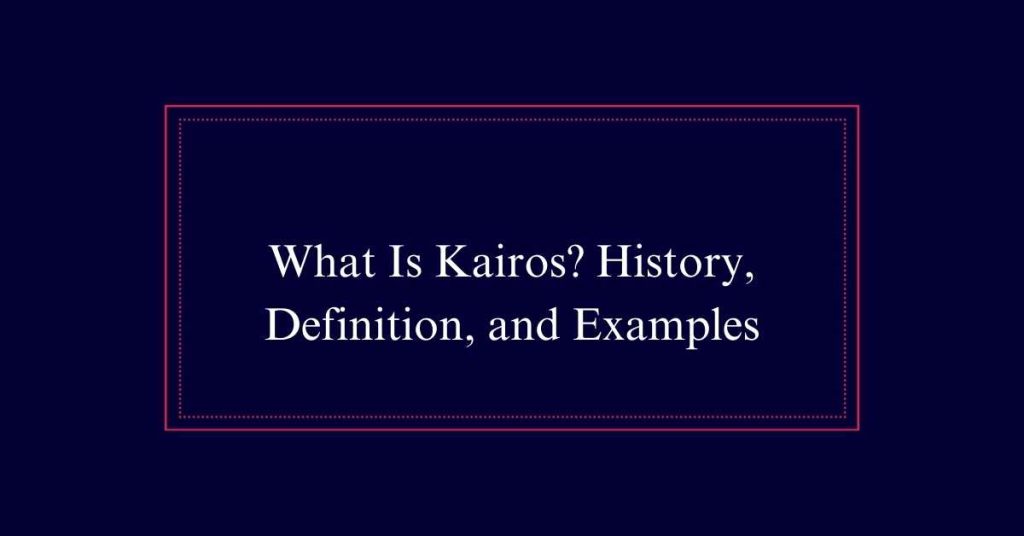
Role in Rhetoric
In rhetoric, the strategic use of timing and context can greatly enhance the effectiveness of an argument. Kairos leverages the opportune moment to make a point resonate more deeply with an audience. This principle is essential for speakers and writers aiming to maximize persuasive impact. By aligning messages with current events or cultural climates, the argument becomes more relevant and urgent.
| Aspect | Description | Example |
|---|---|---|
| Timing | Choosing the right moment | Political speeches |
| Context | Understanding the cultural backdrop | Social media campaigns |
| Relevance | Ensuring the message is pertinent | Advocacy work |
| Urgency | Creating a sense of immediate action | Advertising |
| Resonance | Making the audience feel understood | Journalistic reporting |
Importance of Timing
Understanding the importance of timing can greatly enhance the persuasive power of an argument.
Kairos, the ancient Greek concept of opportune timing, emphasizes the need to present ideas at the right moment. When arguments are made at the pivotal time, they resonate more deeply with the audience.
For instance, discussing environmental policies during natural disasters can prompt immediate action because the audience is already focused on the issue. Situational awareness, including cultural and historical contexts, plays a significant role in determining the best timing.
Effective use of kairos ensures that the message is not only heard but also felt and acted upon, making it a powerful tool in rhetoric and communication.
Kairos in Advertising
Advertising often leverages kairos to capture the audience’s attention by aligning messages with current events and trends. This strategy ensures that advertisements feel relevant and urgent, prompting immediate action.
By tapping into the existing mood or public discourse, advertisers can create a stronger connection with their audience. For instance, during holiday seasons or significant cultural moments, brands often tailor their campaigns to reflect the spirit of the times. This approach not only enhances engagement but also maximizes the impact of the message.
Advocacy and Kairos
Advocacy efforts often utilize kairos to spotlight urgent social issues and drive immediate action. By tapping into the current socio-political climate, advocates make their messages more compelling and timely. Effective advocacy captures the moment’s urgency, mobilizing support and prompting quick responses. Kairos ensures that the call to action aligns perfectly with the audience’s current concerns, fostering a sense of immediacy.
| Aspect | Example | Impact |
|---|---|---|
| Climate Change | Global climate strikes | Increased awareness and policy shifts |
| Social Justice | Black Lives Matter protests | Legal reforms and social change |
| Health Crisis | COVID-19 vaccination drives | Higher vaccination rates |
| Education | Student loan forgiveness | Policy changes and debt relief |
Journalism and Kairos
In journalism, kairos is utilized to deliver news stories that resonate with the audience by aligning with the current socio-political climate. Journalists harness kairos by choosing the right moment to report on events that are most relevant and urgent. This approach guarantees that the news captures public interest and promotes engagement.
Timeliness is key; stories need to be published when the audience is most likely to care. This can mean reporting on breaking news or contextualizing ongoing issues in a way that connects with current events. By doing so, journalists not only inform but also influence public discourse, making kairos an essential tool in effective journalism.
Political Uses of Kairos
Politicians leverage kairos to address timely concerns and mobilize public support effectively. They craft speeches and statements that resonate with current events, ensuring their message feels urgent and relevant.
For instance, during a crisis, politicians may invoke kairos to call for unity and action, emphasizing the immediate need for cooperation. By aligning their rhetoric with the public’s current mood and pressing issues, they enhance their persuasiveness.
This strategic timing helps them to rally support, influence public opinion, and drive policy changes. The effectiveness of kairos in political discourse lies in its ability to make arguments appear not just important, but necessary at that particular moment, thereby fostering a sense of immediacy and relevance.
Social Media Strategies
The strategic use of kairos is equally pivotal in social media strategies, where timely content can greatly boost engagement and influence. By aligning posts with current events and trends, brands can capture their audience’s attention more effectively. This approach requires keen awareness of ongoing conversations and the ability to act quickly.
| Kairos Element | Social Media Application |
|---|---|
| Timeliness | Posting during trending events |
| Relevance | Aligning with audience interests |
| Urgency | Creating time-sensitive offers |
Timely posts can go viral, leveraging the momentum of trending topics. For example, a brand might share content related to a popular cultural event or a breaking news story. This not only increases visibility but also enhances the perceived relevance of the brand, fostering stronger connections with the audience.
Famous Kairos Examples
A powerful example of kairos is Dr. Martin Luther King Jr.’s ‘I Have a Dream’ speech, which addressed the urgent issue of racial injustice in the 1960s. Delivered during the March on Washington, it resonated deeply because it came at a critical moment in the Civil Rights Movement.
Another example is Charles Dickens’s ‘A Christmas Carol.’ The timing of the ghostly visits during Christmas highlights themes of generosity and compassion. Both examples show how kairos enhances the impact of a message.
The strategic timing and context amplify the urgency and relevance, making the audience more receptive. These moments illustrate how kairos can make communication more effective by leveraging the right moment and setting.
Frequently Asked Questions
How Can Kairos Be Applied in Everyday Conversations?
Kairos can be applied in everyday conversations by selecting the appropriate moment to speak, taking into account the listener’s current mood, and connecting the topic to recent events or shared experiences to make the message more compelling and relevant.
What Are Potential Drawbacks of Misusing Kairos?
Misusing kairos can lead to missed opportunities and weakened arguments. If timing or context is off, the message may appear irrelevant or forced. This can diminish credibility and fail to resonate with the intended audience.
